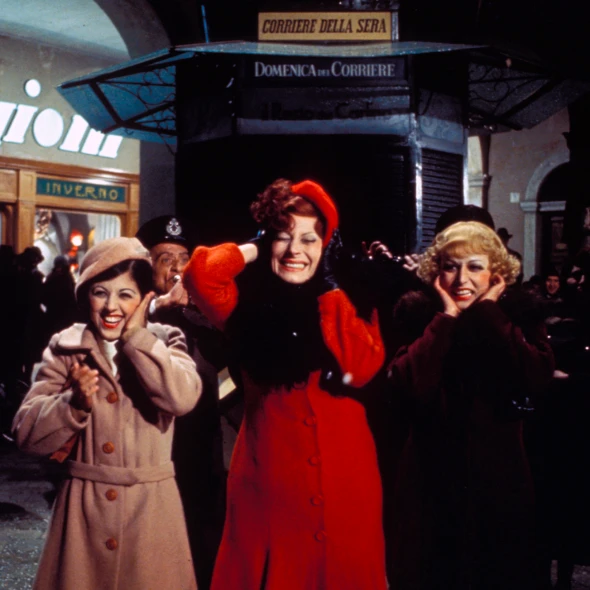
"I'm absolutely thrilled to talk about great cinema. I mean, that's the best thing you can do, right?" asks James Gray.
Gray began his career making films about his native New York City, first with 1994's Little Odessa and then, over the next two decades, The Yards, We Own the Night, Two Lovers, and The Immigrant. With 2016's The Lost City of Z, he tried his hand at big-budget studio filmmaking, venturing deep into the Amazon rainforest. With 2019's Ad Astra, the budget only got bigger and the filmmaking more arduous as he sent Brad Pitt to space.
With his latest release, Armageddon Time, Gray not only returned to his roots — the story is largely an autobiographical portrait of his upbringing in 1980s Queen — but got back to the basics. "I had to rediscover the medium," he says. "I had to rediscover what moved me." For the filmmaker, he owed that to cinema itself.
"Cinema is the greatest art form that's ever been invented," he says. When asked to reflect on the films that have most inspired him, he felt a greater calling to "help promote masters making incredible films from a thousand years ago." He chuckles, "Movies didn't just exist from five years ago to now. The whole idea is that people can discover these really old movies. So, I wanted to try and reach back far and far away into the past."
Below, Gray shares those films with A.frame.
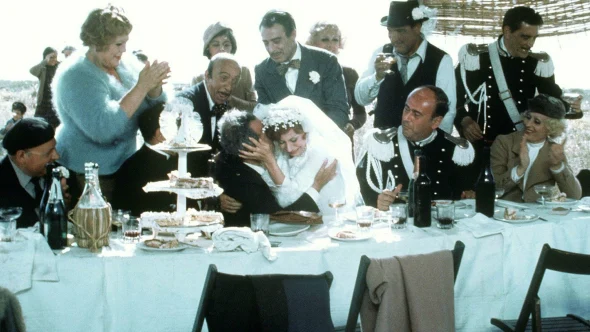
Directed by: Federico Fellini | Written by: Federico Fellini and Tonino Guerra
God, is that an amazing movie. Look, it's a stupid thing to say, but, if I had to pick somebody through history, he would be my favorite [director]. I don't think there's anybody who has ever lived, who has ever made a movie, who has been better able to communicate such a profound love for human beings and a profound understanding of both our most vulgar and tender dimensions.
One of the geniuses of that film is you have to almost accept a certain overload of whimsy, because what is underneath it is the pull of fascism and the march to war. I read something not long ago, something absolutely astonishing, like 70 percent of Italian women had been raped by the time the war ended. You hear something like that and you realize that Italy was completely devastated beyond comprehension by that war. That sense of devastation, I understand we don't see it in Amarcord, but it lurks. So, the whole context for, as I put it, this whimsical quality, is set against Mussolini leading the country to ruin. That is so powerful to me.
It's funny, and yet, there's an undertow of something really sad. Fellini understood that. He was almost like the child of Chaplin, actually, where Chaplin understood, 'Smile though your heart is aching.' Think of that lyric, which Chaplin wrote — the beauty is in both the upbeat and the sad. That's life the way they intermingle, and that's what makes for great art.
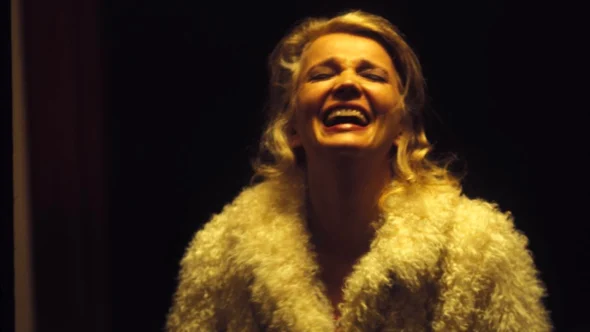
Written and directed by: John Cassavetes
Strip it all away, the film validates love as the most important and central thing in the human experience. And love doesn't mean something sentimental and cheap; love means acknowledging the humanity of the other person and not only being willing to acknowledge a humanity, but finding the joy in that. No matter how dark it gets, they have love. Incredible movie. Completely amazing.
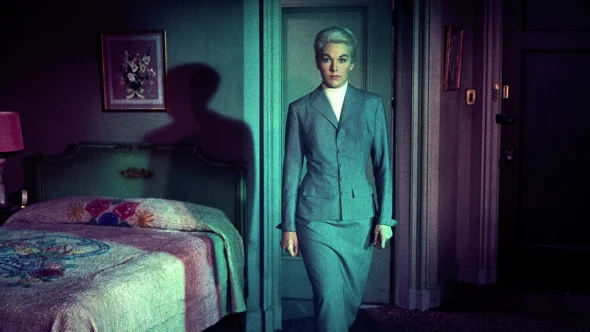
Directed by: Alfred Hitchcock | Written by: Alec Coppel and Samuel A. Taylor
Oh my God, forgeddaboutit! The nature of desire is unceasingly complex and multilayered, and the film is about all the trappings of desire. That he could only love her when the idea of her glamour and her social class was what he hoped it would be. When she's Judy, that's not enough for him. She has to be Madeleine. She has to be dressed up. She has to drive that green Rolls. She has to present in a certain way. The idea there, which is so amazing, is that all desire can be reduced to the idea of a fetish. It's fantastic. It's brilliant. I mean, that movie is, like, crazy great. Because desire is the motivator for our behavior, I think anyway.
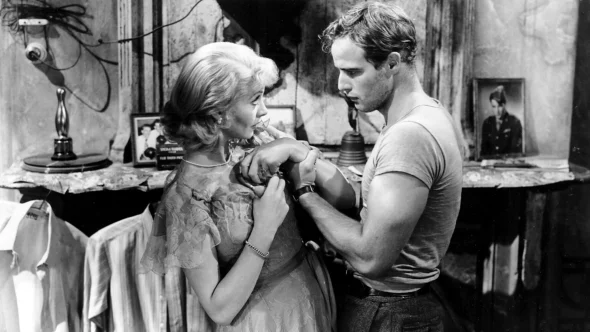
Directed by: Elia Kazan | Written by: Tennessee Williams and Oscar Saul
It may be the clearest and most essential depiction of human beings' capacity for cruelty, and the need for us to reach outside of our own experience to understand other people. [Philosopher] Hannah Arendt's whole dialogue about Nazis and the banality of evil is about a person unable to look into the soul of another person with any sympathy or empathy whatsoever. And that's the challenge we face as human beings. And that's what Tennessee Williams gets, and Kazan gets, and Vivien Leigh gets, and Brando gets. That DuBois has a soul that matters. Even if she's a flawed person, which we know she is, her psyche is so delicate. And yet, the world will crush her. It's very powerful, and it speaks to the need for some measure of compassion. That moves me very much.
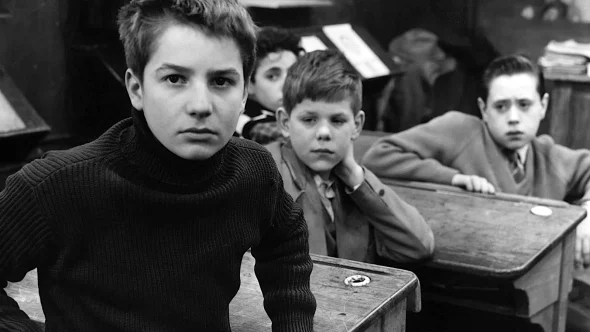
Directed by: François Truffaut | Written by: François Truffaut and Marcel Moussy
It humanizes and renders complex a boy, and does not treat the boy as an object of bogus innocence or as an empty vessel for experience. But rather, that he has a soul worth contemplating and paying attention to. In a way, he has his own mythic journey. It's kind of amazing for a movie about a kid. I don't know many other movies that are like that.
Truffaut himself talked a lot about a movie called Zero for Conduct by Jean Vigo, which is only about 40 minutes long. Jean Vigo only made a handful of pictures and then died in the early 1930s in France. I went back to look at it myself, and Zero for Conduct was quite beautiful. But even that movie does not delve into the nuanced nature of cognitive dissonance for a boy. That's what 400 Blows gave to us. You were able to see different sides to what it meant to be him at that age.
And of course, that ending. That ending is unceasingly curious, and disturbing, and open, and ambiguous. Obviously, if you know his story, you know that he went on to become a legendary movie director. But, just as a work of art on its own, the ending has such an incredible impact. I showed that to my children — it was the first movie we watched in lockdown, and we watched like 150 — and even my 11-year-old thought it was the greatest thing he'd ever seen. Because it says that kid matters in the world. Now, the grown-ups don't think the kid matters, but the movie says the kid matters. And that's everything.

